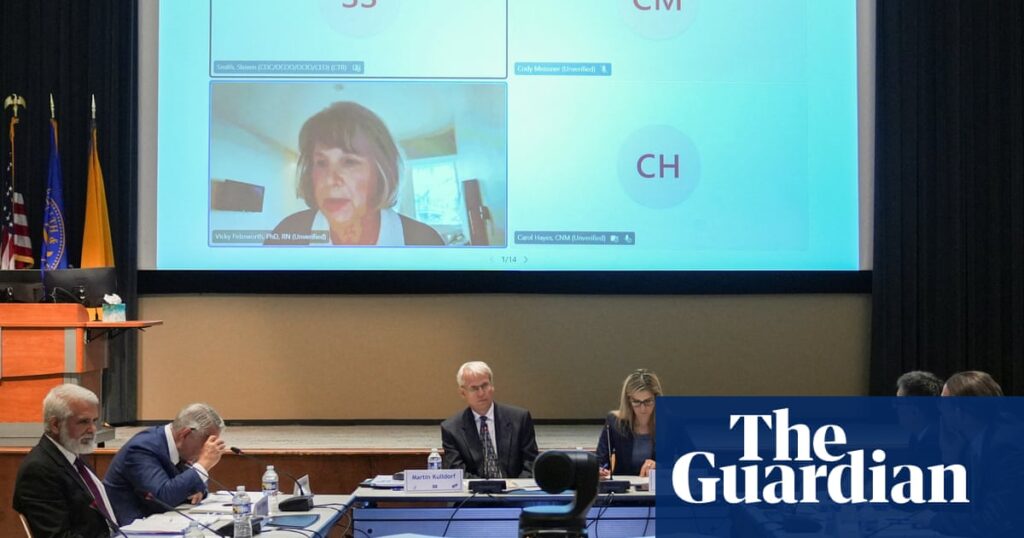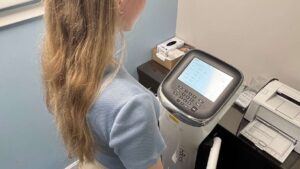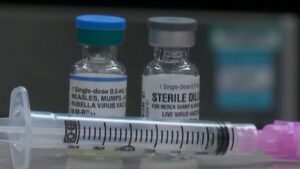
WASHINGTON, D.C. – A pivotal decision has been made by Robert F. Kennedy Jr’s newly appointed vaccine advisory panel, endorsing a novel treatment to shield infants from respiratory syncytial virus (RSV).
Breaking: New RSV Treatment Approved
The advisory panel, reconstituted under Kennedy’s leadership, has recommended the use of clesrovimab, a monoclonal antibody marketed as Enflonsia by Merck. This recommendation follows the drug’s approval by the Food and Drug Administration (FDA) approximately two weeks ago.
The vote, described as contentious, was delayed by a day due to extensive questioning from the panel’s seven new members, all of whom share ideological ties with a former Trump health secretary critical of what he terms “overmedicalization” in pediatric care.
Immediate Impact
Dr. Retsef Levi, a professor at the Massachusetts Institute of Technology, emerged as a vocal critic during the proceedings. “I think we need to ask ourselves what the parent would say given this data,” he stated, expressing his concerns before casting a dissenting vote against the recommendation.
“Part of what we want to do is protect them when they’re most vulnerable,” said Adam McNeil, CDC deputy branch chief for epidemiology in respiratory viruses.
Key Details Emerge
The Centers for Disease Control and Prevention’s advisory committee on immunization practices (ACIP), now under Kennedy’s directive, plays a critical role in guiding vaccine distribution strategies in the U.S. Kennedy’s decision to replace all 17 members with his appointees has drawn widespread criticism from the medical community.
The panel’s recommendation to include clesrovimab in the Vaccines for Children program, which provides vaccines to about half of all American children, was narrowly passed with five votes in favor.
Industry Response
Merck’s clesrovimab is poised to address RSV, a leading cause of infant hospitalization in the U.S., with most infants contracting the virus within their first year. Previously, no long-acting preventive measures were available.
RSV hospitalizations among infants were reduced by 30%-40% in the 2024-2025 season, according to CDC data.
Background Context
RSV poses a significant health risk, particularly in the first months of life. The CDC has emphasized the importance of protecting infants during this critical period. The efficacy of monoclonal antibodies like clesrovimab diminishes over time, but the aim is to delay RSV transmission to less vulnerable stages of childhood.
The panel’s decision represents a shift in approach, aligning with Kennedy’s broader strategy of scrutinizing vaccine safety and distribution practices.
What Comes Next
Looking ahead, the panel is set to tackle another contentious issue: the use of thimerosal in influenza vaccines. This preservative, removed from routine childhood vaccines decades ago, remains a focal point of debate among anti-vaccine advocates.
Kennedy’s controversial overhaul of the ACIP continues to stir debate, with implications for vaccine policy and public health strategies nationwide. The panel’s future decisions will be closely watched by both the medical community and the public.
The story continues to unfold as the panel’s decisions shape the landscape of vaccine recommendations in the United States.







